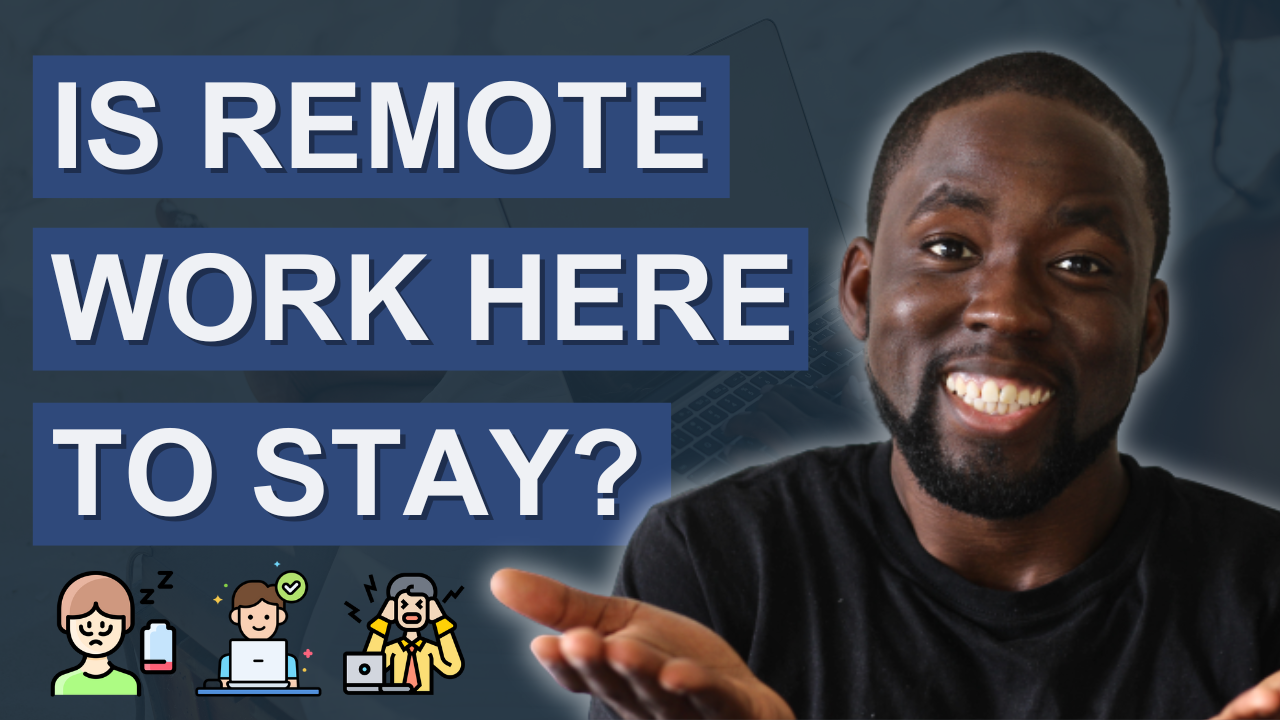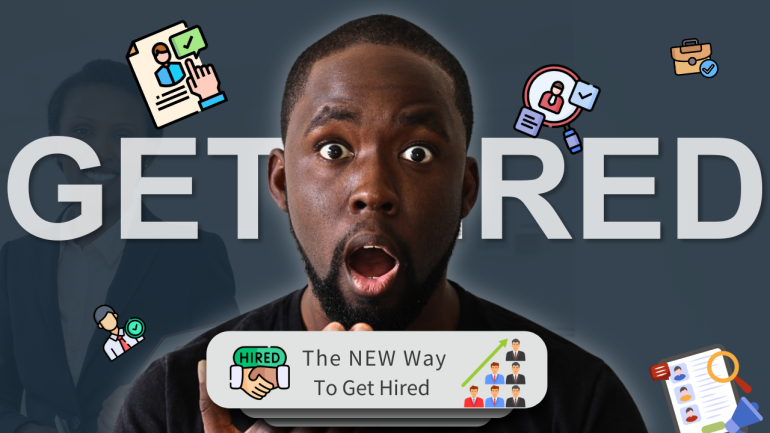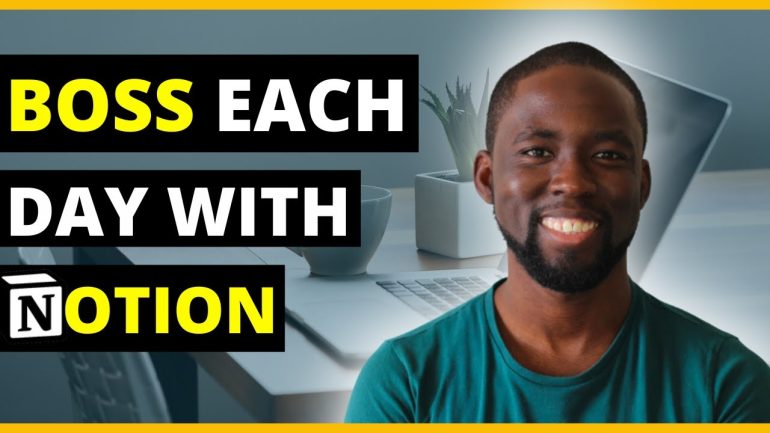Remote Work, AI, and the Unsettling Truth About the Future of Jobs
Are we building careers on sand?
One minute, remote work is the gold standard of flexibility and freedom. Next, headlines shout about CEOs demanding a full return to the office. You find yourself wondering, “Where’s all this headed?”
You’re not alone in feeling this tension. As an independent consultant who works with professionals across industries, from Programme Directors to freelance contractors, I’ve seen firsthand how uncertain, yet full of possibility, this moment is. This article is about cutting through the noise and giving you something better than answers: perspective, strategy, and direction.
If you’ve ever questioned your place in the evolving world of work or felt overwhelmed by AI’s rapid rise, keep reading. We’ll look at:
- What the remote work debate really reveals
- How AI is changing what it means to add value
- Why human connection is still your superpower
- How to navigate the blurred lines between career autonomy and burnout
- The strategic moves you can make right now to stay relevant and fulfilled
Let’s dive in.
1. Remote Work Isn’t the Enemy, but It’s Not a Saviour Either
COVID changed everything. We saw the birth of “The Great Resignation,” the explosion of hybrid roles, and for many, a life-saving shift in work-life balance. According to recent stats, 78% of people say remote work has improved their well-being. That’s significant.
But here’s the challenge: 64% of CEOs still expect their workforce back in the office by 2026. That’s not just preference, it’s direction. I’ve felt the contradiction in my own world. On the one hand, remote work allows me to serve clients across the UK while still being ‘somewhat’ present for my family. On the other hand, I’ve experienced the challenges, blurred lines between rest and work, missed opportunities due to proximity bias, and a lack of spontaneous human collaboration.
Actionable Thought: If you’re riding the remote wave, ask yourself: Am I creating boundaries, or just surviving in blurred ones? Productivity without well-being is unsustainable.
2. AI and Automation Are Changing the Game, But You’re Not Powerless
The World Economic Forum warns us: by 2030, AI will reshape the workforce, especially knowledge workers. This isn’t just about factories. It’s about people like us, consultants, analysts, programme managers, anyone with a laptop, a method, and a career built on expertise.
Tools like ChatGPT, automation software, and virtual assistants are no longer futuristic; they’re now. Personally, I use tools like Toggl for time tracking, Google Meet for client sessions, and yes, AI to help summarise meeting notes. It’s efficient, but it’s also a warning: If a tool can do what you do, you need to start doing what tools can’t.
Actionable Thought: Don’t just use AI, train it. Develop your own prompts. Teach it your tone, your frameworks, your client nuances. That’s how you move from threatened to thriving.
3. Culture Still Matters, and You Can’t Code for It
In a remote-first world, we’re losing something subtle but powerful: human culture. And here’s the irony: companies want innovation, collaboration, and loyalty, but they often strip away the very conditions that create them.
There’s something about being physically present. In my consulting journey, I’ve seen how in-person interactions build rapport faster than a hundred Slack messages ever could. There’s nuance in body language, in the pause between sentences, in that post-meeting coffee chat where ideas really unfold.
Let’s not get it twisted. Remote is efficient. But culture, the shared pulse of a team, is built on trust, proximity, and leadership that sees people, not just their KPIs.
Actionable Thought: If you work remotely, manufacture culture. Be proactive about human interaction, voice notes, impromptu Zooms, and meet-ups when possible. Make your presence felt even when you’re not in the room.
4. The Myth of More Time, And the Reality of Silent Burnout
One of the biggest lies remote work sold us is that we’d have more time. More time with family, more time for hobbies, more time for ourselves. But many of us are working longer hours and feeling more alone doing it.
I remember telling my parents not long ago, “I’m working more now than when I commuted.” And I meant it. Productivity in the UK has reportedly stagnated, yet workers are stretched thin. Why? Because when your home is your office, you never really leave. You are always on. In addition, there are less jobs available on the market, yet more demands from the world due how things are rapidly changing in our economy.
As a solopreneur, I’ve learned to be ruthlessly intentional with my energy, not just my time. I block out space to think. I step outside when the work feels suffocating. I set expectations with clients early. Otherwise, burnout becomes the default, not the danger (I’ve been burnt out many times in my past and have learned the hard way).
Actionable Thought: Protect your attention like a project milestone. If your calendar has no white space, neither does your brain.
5. The Opportunity in the Chaos: It’s Time to Pivot with Purpose
So, where do we go from here?
We’re at a crossroads, and depending on your perspective, it either looks like a dead end or a new path. This moment is not about panic, it’s about positioning.
Know your value. In uncertain times, clarity is currency. Get clear on what makes your approach different. What’s your framework? What transformation do you create? If you’re a consultant, contractor, or independent professional, this is what gets you hired, not your job title.
Read the room. What is your organisation really saying about AI? Are they investing in automation or just talking about it? Are they restructuring or hiring in stealth? Pay attention.
Build your personal strategy. Think portfolio career. Think hybrid arrangements. Think skills development, vocational, technical, and even interpersonal.
When you combine self-awareness, market awareness, and skill development, you don’t just survive, you shape your next chapter.
Bonus Insight: Don’t wait for the system to validate your next move. The market rewards those who act before the consensus.
Final Thoughts: Design a Career Where You Thrive, Not Just Survive
Let’s face it: the goalposts will keep moving. Remote work will evolve. AI will become smarter. The economy will rise and fall. But amidst the noise, one thing remains true: you still have agency.
The future belongs to those who:
- Learn fast
- Adapt quicker
- Prioritise the human edge
- And take action, even when it’s inconvenient
So, whether you’re a full-time employee, an aspiring consultant, or someone in between, don’t wait for the dust to settle. Design your way forward.
What part of your work needs a rethink today? Your mindset? Your method? Your model?
Understand. Reach. Expand.
Peace.







